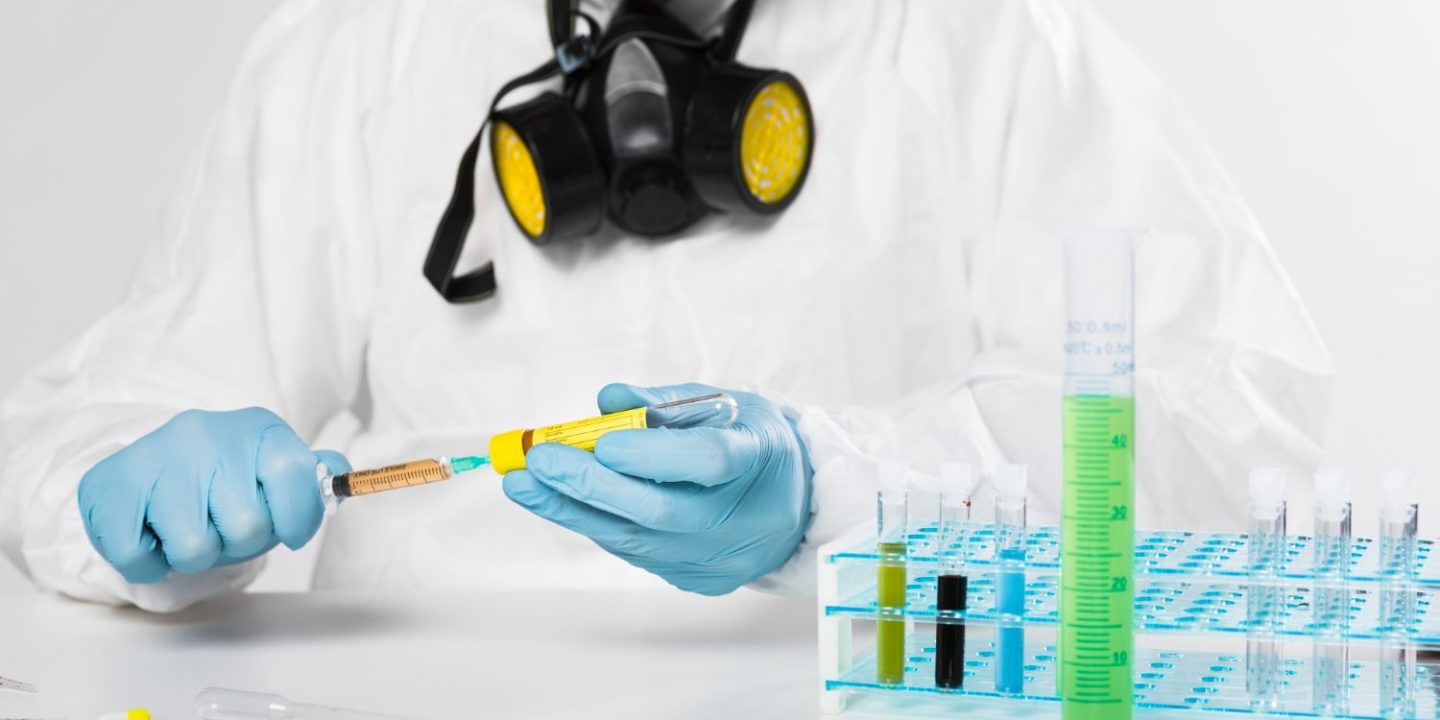
Roche has eliminated five drug candidates developed by its Japanese affiliate, Chugai, from its clinical pipeline, following a similar move made earlier this year by Chugai itself.
Chugai had disclosed the suspension of in-house development for these candidates in its second-quarter earnings report in July. At that time, Roche still listed the same assets in its own pipeline during its quarterly update. In its third-quarter results, however, Roche has now removed all five Chugai candidates.
The decision affects four phase 1 programs in solid tumors and one phase 2 drug for endometriosis. Roche CEO Thomas Schinecker, Ph.D., said during a media call that this step does not indicate any broader shift in Roche’s oncology strategy. Instead, Schinecker described it as part of an ongoing process to ensure drug candidates meet the company’s internal standards before advancing.
The most advanced candidate among those discontinued was AMY109, an anti-IL-8 antibody that Chugai was developing for endometriosis. Chugai’s research had shown IL-8 expression to be highly elevated in endometriotic tissues and correlated with disease progression, prompting the design of a long-acting antibody to neutralize the cytokine. A phase 2 trial for AMY109 began in 2023 before Roche decided to discontinue the program.
Alongside AMY109, Roche removed four Chugai phase 1 solid tumor assets, including paluratide, also known as LUNA18. Chugai CEO Osamu Okuda explained in July that the company had halted work on paluratide due to its narrower therapeutic window compared with rival RAS inhibitors and redirected its focus to another molecule, AUBE00, targeting KRAS.
Another discontinued asset was STA551, designed to address toxicities observed in earlier attempts to target CD137. Bristol Myers Squibb’s CD137 candidate, urelumab, had shown liver toxicity, prompting Chugai to develop STA551 to only bind the receptor in the tumor microenvironment. Tsukasa Kusano, head of Chugai’s project and life cycle management unit, told investors in July that the therapy was confirmed to be tolerable at high doses and showed some level of efficacy.
Clinical Pipeline Realignment by Roche
Roche has announced a major Clinical Pipeline update involving the removal of five Chugai drug candidates. This strategic move underscores Roche’s focus on streamlining its research and development portfolio to concentrate on drug programs with the strongest potential for success.
Although several Chugai assets were removed, Roche’s Clinical Pipeline remains robust. The partnership between Roche and Chugai Pharmaceutical continues to thrive, with ongoing work on next-generation therapies in oncology, neuroscience, and immunology.
By optimizing its Clinical Pipeline, Roche aims to accelerate the development of transformative therapies while reallocating resources to late-stage programs that demonstrate strong efficacy and market potential. This decision highlights Roche’s long-term vision for scientific innovation and patient-centered progress.
By optimizing its Clinical Pipeline, Roche aims to accelerate the development of transformative therapies while reallocating resources to late-stage programs that demonstrate strong efficacy and market potential. This decision highlights Roche’s long-term vision for scientific innovation and patient-centered progress.
Industry analysts have recognized Roche’s Clinical Pipeline strategy as a proactive approach to improving research efficiency. By removing early-phase candidates, Roche ensures that resources are used to advance promising treatments with the greatest clinical value.
Looking ahead, Roche remains dedicated to innovation in biopharmaceutical research. Its Clinical Pipeline continues to reflect a strong commitment to precision medicine, targeted therapies, and global health improvement.
Roche has taken a decisive step in refining its Clinical Pipeline, announcing the removal of five Chugai drug candidates. This move reflects Roche’s ongoing commitment to efficiency, innovation, and scientific excellence. By restructuring its Clinical Pipeline, Roche aims to direct funding and research capabilities toward drug programs with the strongest clinical potential and patient benefit.
Roche’s Collaboration with Chugai Remains Unchanged
Despite the withdrawal of these five candidates, Roche’s Clinical Pipeline continues to benefit from its close partnership with Chugai Pharmaceutical. The collaboration between Roche and Chugai has been central to several successful therapies over the years. This strategic update simply indicates a shift in focus rather than a weakening of their relationship. Both companies remain dedicated to advancing medicines that address unmet medical needs.







